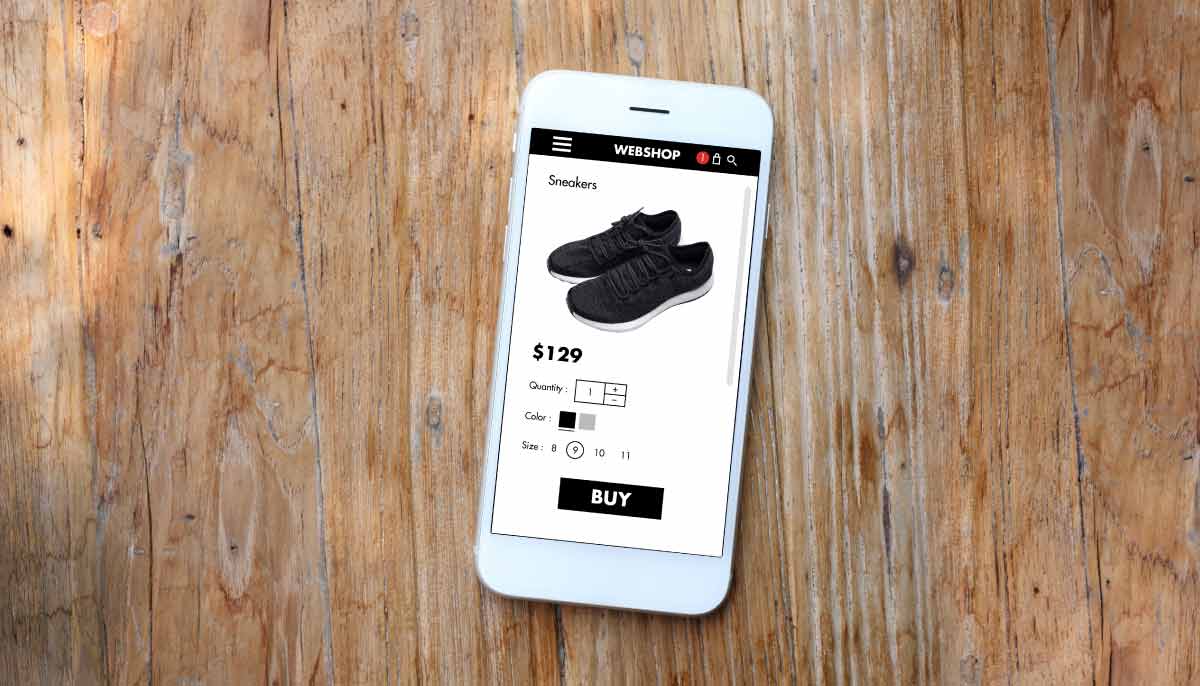
Have Generational Shopping Habits Changed for Good?
For many years, there’s been a clear distinction between generational shopping habits – which has provided brands with a powerful lens to help engage and attract customers. In fact, an earlier (2017) depiction of generational spending revealed clear differences between generations in terms of the way they shop, what they shop for, and how they engage with brands.
During the pandemic, we took a fresh look into these shopping habits, surveying 2,000 UK and 2,000 US consumers to find out if and how COVID-19, and the measures taken to fight it, had permanently altered their shopping behavior. Whilst the pandemic presented a range of responses, these findings reveal a convergence of shopping behaviors has surfaced as we adjust to the ‘new normal’.
What’s changed?
Before the pandemic, both Generation Z and millennials were clearly more digitally adept than their elders. This was echoed in our recent research which found 32% of Generation Z respondents and 35% of millennials confirmed that they had tried new online retailers due to lockdown.
What’s interesting is the same research showed those behaviors expanding at pace, beyond Generation X, into the baby boomer generation (born between 1946 to 1964). During the pandemic, older generations have also become eCommerce consumers en masse – not unreasonably, given their higher levels of risk. However, even as the strictest lockdown measures have eased, many of them have continued to shop online.
While Generation Z and millennials remain the drivers of online shopping and early adoption, the speed and breadth at which they influence the generations above them seems to have been boosted by the lockdown. For many retailers, especially those focused on older generations and/or reliant on brick-and-mortar retail, this will demand major strategic change, as it becomes increasingly hard to differentiate shoppers by generation or behavior.
Merging attitudes and behaviors
The ethical, moral and political attitudes towards brands have also started to blur when it comes to different generations. We’ve grown to learn that younger shoppers are driven by ‘experiences’ rather than ‘things’, favoring brands that operate ethically and sustainably. In fact, according to our latest research, 52% of Generation Z respondents said they would pay more to support carbon neutral delivery, and 71% of millennials said they looked for ethical/sustainable features in products they buy.
However, this ‘typical’ Generation Z and millennial behavior was no longer restricted to ‘youngsters’. In the new research, 52% of all respondents claimed to feel greater loyalty towards brands that communicate with them and, crucially, show how they are helping others during this time (i.e. the pandemic). More to the point, this figure increased to 54% of baby boomers and 59% of the silent generation.
How will this impact brands?
The lines between generational shopping behavior are blurring. COVID-19 is rapidly changing how we shop, and that process has not ended yet. In theory, this may be a pandemic blip, and in time the ‘old normal’ may return in some respects. But as we review retailer agility and the willingness of consumers to adapt at a rapid pace, it is looking increasingly unlikely.
For retailers, there are few certainties to hold on to, but the following are likely to prove helpful:
- eCommerce is the way forward: Brick-and-mortar will likely have a future, but that future is yet to be determined. Meanwhile, almost everybody – regardless of age – is shopping online, which is itself a major change.
- An omnichannel experience is essential: This is not just about linking the website with telephone support or a chatbot, it’s about recognizing that customer preferences are diverse and, now, diffuse.
- Retailers must be flexible: COVID-19 is changing people’s behavior in all aspects of their lives, and it is changing what they buy. Companies that can pivot to meet new demands and habits will have the advantage. Excellent customer service across the buying cycle underpins this.
The pandemic has been traumatic in many ways, and it isn’t over yet. But if retailers can do just one thing – delight the customer at every touchpoint – there is far more to look forward to, than there is to fear.


